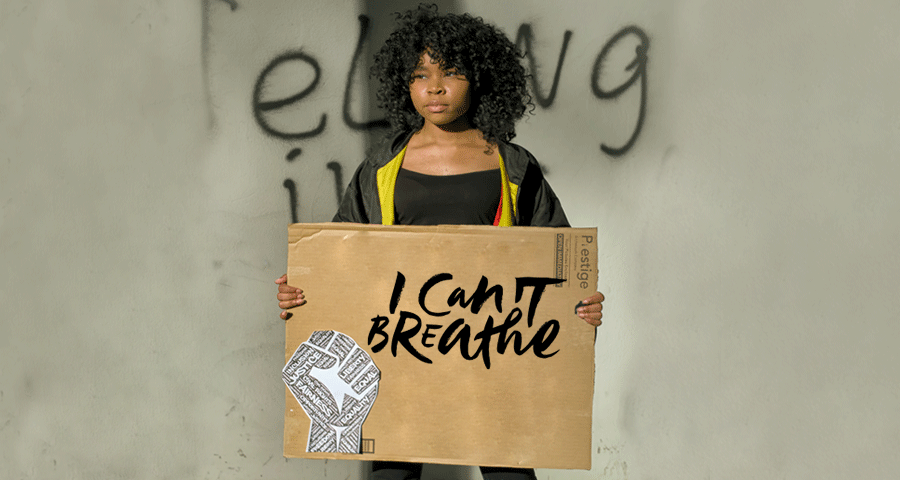
Collins Khosa. Sibusiso Amos. Trayvon Martin. George Floyd. Breonna Taylor. They died at the hands of police because they were Black. To get justice for them, we need to talk about what happened and say their names, says Siphe Mkize, Account Executive at Vizeum South Africa
‘Injustice anywhere is a threat to injustice everywhere.’ This quote by Martin Luther King Jr has never been more relevant as we increasingly see footage of Black men and women being brutalised around the world.
In South Africa, more than 11 South Africans have died at the hands of the South African Police (SAPS) or the South African National Defense Force (SANDF) during lockdown alone, which is a statistic that will now stand alongside the brutal and complicated history of violent oppression in this country.
On 10 April, early in our lockdown, Collins Khosa’s family and his partner Nomsa Montsha watched as police slammed him against a concrete wall and beat him with the butt of a gun – allegedly for contravening lockdown regulations and having a beer in his backyard. When Nomsa screamed, the police turned their aggression on her. A few hours later, with Nomsa holding his hand, Collins succumbed to his head wound. The Khosa’s family braai had become a murder scene.
This phenomenon is nothing new to the Black experience. However, with the evolution of digital media and the ability to communicate with communities across borders, Black people have been able to more easily mobilise and act against overt and covert racism, which is ever-prevalent in our societies.
The brutalisation of Black men and women, like George Floyd and Breonna Taylor in the United States, by the very police who are supposed to serve and protect has forced many countries, including South Africa, to make an honest appraisal of themselves to understand what policies and behaviours allow systemic racism to continue and how to address these inequalities.
It has also forced private businesses and civil citizens – particularly from privileged communities – to re-evaluate some of the deep-rooted negative stereotypes and ideologies they hold about Black people. These narratives perpetuate dangerous stereotypes and do nothing but minimise and devalue Black lives, creating power dynamics that normalise the continued suffering and injustices Black people around the world face.
A society that refuses to acknowledge the wrongdoings of its predecessors and in which, for many, being Black still means dying young, living in poverty and ending up in prison, has little chance of advancement.
Visibility is an important facet of the human experience and hashtags like #SayTheirName, #BlackLivesMatter and #AmINext create a commonality for activism and a sense of purpose for a victimised group. It is important to say the names of the victims of racist violence and violent policing, but even more important is decisive action, which must follow to ensure the same behaviour isn’t repeated.
We have all seen how the victims of gender-based violence are treated in South Africa – a country that has one of the highest rates of violence against women and children in the world. If we do not have a justice system that protects the most vulnerable members of society, it sends a message that depending on your race, gender or social status, you can abuse your power and get away with it.
Activism doesn’t only happen on the streets, it happens in your home, in offices, in boardrooms and in your social circles as well. We can choose to ignore the atrocities that happen around us until those atrocities arrive on our doorsteps, or we can be part of the solution.
Black lives matter and they have always mattered. It’s time for the rest of the world to step up and start valuing Black people, their ideas, their talent and their place in society. We cannot live in a world that remains silent about violent crimes against human beings on the basis of race, and it is our collective responsibility to educate ourselves on inclusion policies and unlearn problematic ideologies that contribute to black (in)visibility.
---------------------------
About Siphe Mkize
Siphe Mkize has worked in the media industry for the past five years in various capacities and has a passion for storytelling. She is an avid writer and hopes to help build bridges across communities through meaningful storytelling, which creates understanding and visibility of marginalised groups.
Image Credits
Photo by Joan Villalon on Unsplash

